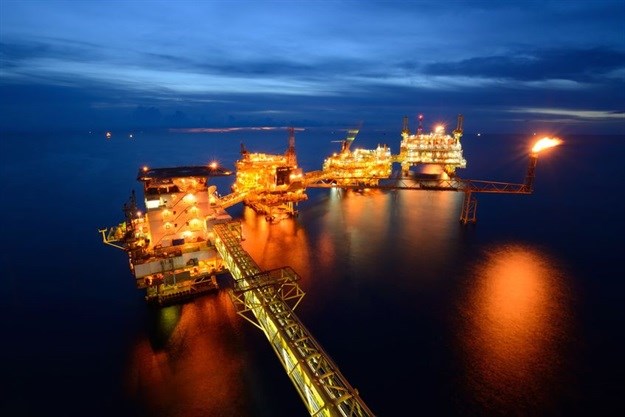
Top stories






More news


Marketing & Media
Ads are coming to AI. Does that really have to be such a bad thing?














The National Development Plan (NDP) recognised the potential for developing South Africa's ocean economy by acknowledging that South Africa is a maritime nation with over 3,000km of coastline straddling a major strategic shipping route. Since close to 80% of trade is by sea, South Africa is suitably placed to exploit this. The NDP identified the ocean economy as one of the key drivers to eliminate poverty and reduce inequality in South Africa by 2030.
The White Paper on the National Environmental Management of the Ocean (NEMO) was published in May 2014. The white paper on NEMO is an additional initiative, which recognised that the ocean represents a significant asset for the current and future generations of South Africans and that the various marine resources in our ocean space provided significant potential for the unlocking of further economic development opportunities.
Phakisa, which is Sesotho for 'hurry up', is a programme which is modelled on the Malaysian government's big fast results programme and which entails convening laboratories to bring together specific role players to develop detailed practical plans that include setting targets or key performance indicators and monitoring progress. The programme is intended to deal with the development challenges highlighted in government's NDP.
The oceans economy is the first of possibly many sector-based Phakisa programmes initiated by government and others already being implemented include those covering Health; Mining, and ICT in Education. The oceans economy was launched in July 2014 and implementation of the lab initiatives was announced in October 2014.
Four priority potential growth areas were identified within the oceans economy, namely marine transport and manufacturing; offshore oil and gas exploration; aquaculture and marine protection services and ocean governance. Two additional further growth areas were subsequently added, namely small harbours development; and coastal and marine tourism. Tourism was also recognised by the 2050 Africa's integrated maritime (AIM) strategy as promising but under-appreciated, notwithstanding the tremendous power and potential that tourism can unlock. Tourism creates jobs and opportunities for entrepreneurship, reduces poverty, promotes stability, preserves heritage and culture and builds global connections. Tourism is estimated to contribute over 9% to South Africa's GDP and this sector supports 1.4 million job opportunities in the country.
Operation Phakisa's marine transport and manufacturing plans have subsequently been announced for unlocking economic potential. These include:
Industry and other stakeholders have identified legislative and regulatory uncertainty as a major obstacle to the oil and gas sector's progress. Some of the problem stems from the proposed changes in an amendment bill to the Mineral and Petroleum Resources Development Act (MPRDA).
Many oil and gas industry players and stakeholders have lobbied extensively for the sector to be legislated separately from mining. These processes will have serious implications for operation Phakisa and the extent to which it can hasten the development of this sector.
Current market conditions are also a challenge for this sector. The plummeting oil and gas price limits the likelihood of further investment in this sector by oil companies.
Aquaculture is relatively underdeveloped in South Africa despite being an increasingly important contributor to food security globally. Plans announced for unlocking economic potential include:
The South African government also recognised the continuous need to balance the economic exploitation of the oceans with the maintenance of their environmental integrity. Plans announced for unlocking economic potential include:
Notwithstanding some of the key advantages of the oceans economy, South Africa also faces particular challenges such as monopolies and lack of competition; poor and sometimes non-existent infrastructure; maintenance, operational efficiencies, congestion and turnaround time, a poor ship register, a lack of skills and expertise; a lack of funding and a poor regulatory framework. The Phakisa programmes will hopefully address these issues.